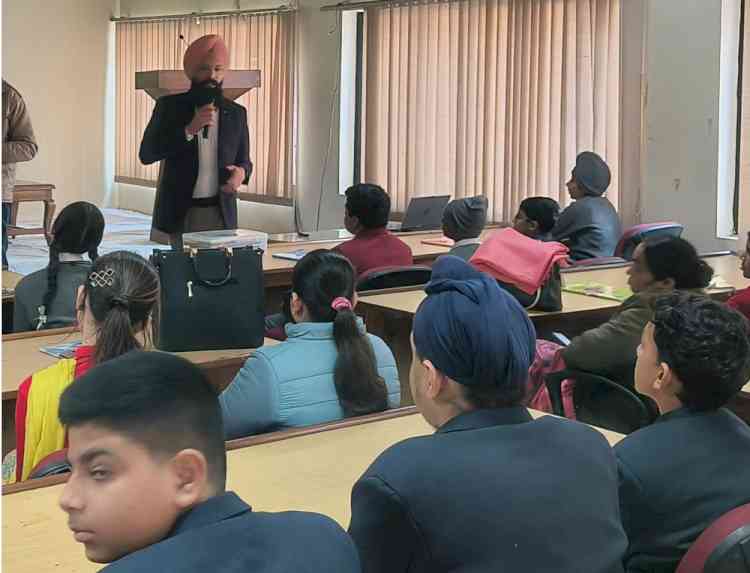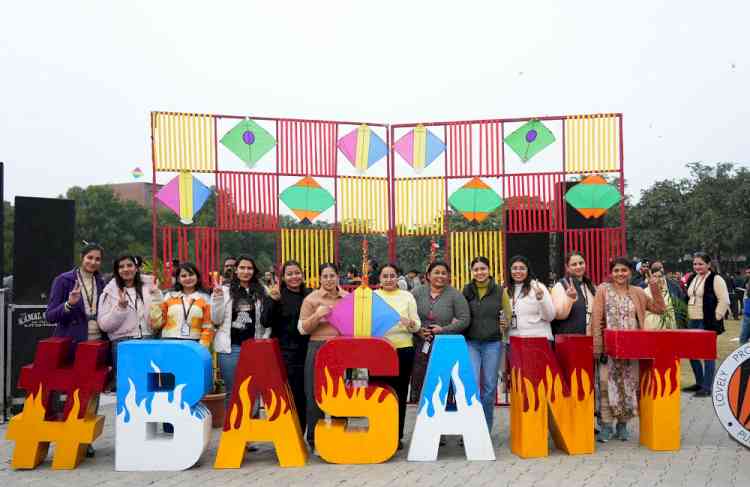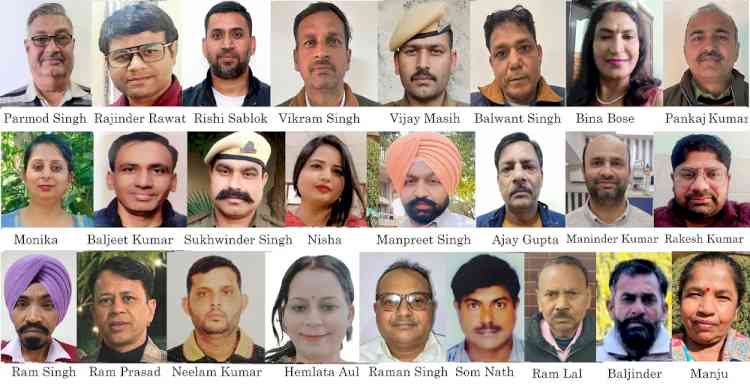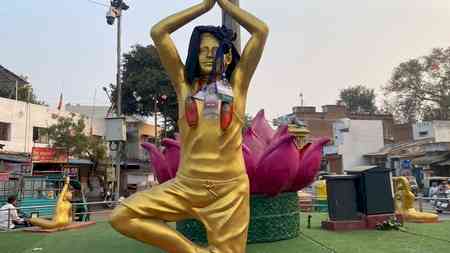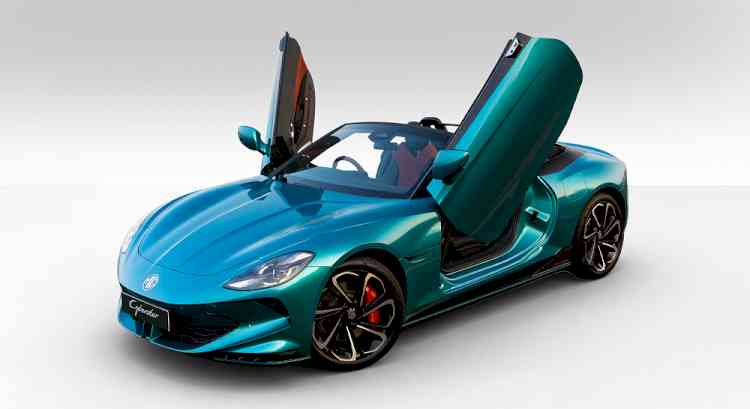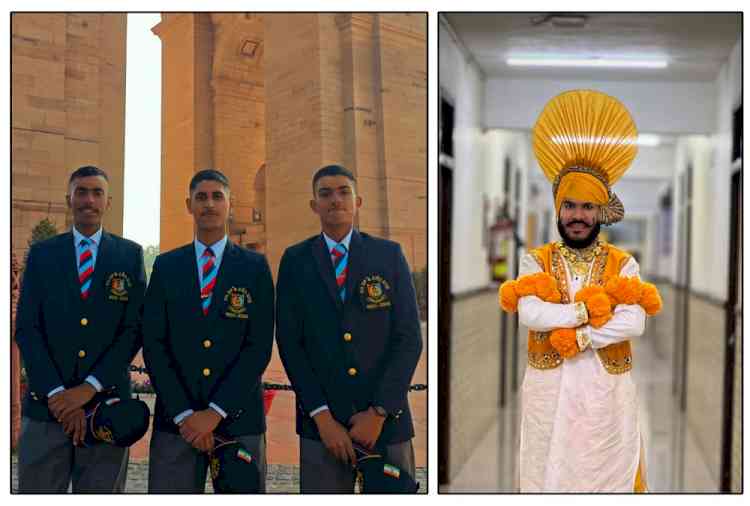PU hosts Prof. (Dr.) Unnat P. Pandit at interactive session of “Role of IP in Viksit Bharat”
Today, Panjab University had the honour to welcome Prof. (Dr.) Unnat P. Pandit, who is a distinguished and accomplished individual, with a remarkable track record of contributions in multiple fields. His expertise in innovation, incubation management, and entrepreneurship has made him a valuable asset to Jawaharlal Nehru University. The Government of India has recognized his immense knowledge by appointing him as the Controller General of Patents, Designs, and Trademarks (CGPDTM).
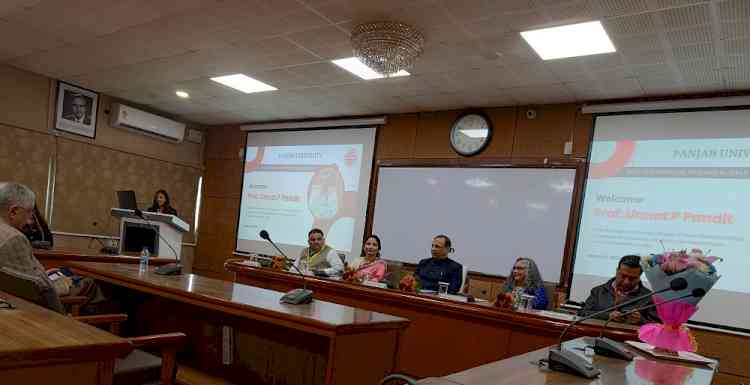
Chandigarh, March 7, 2024: Today, Panjab University had the honour to welcome Prof. (Dr.) Unnat P. Pandit, who is a distinguished and accomplished individual, with a remarkable track record of contributions in multiple fields. His expertise in innovation, incubation management, and entrepreneurship has made him a valuable asset to Jawaharlal Nehru University. The Government of India has recognized his immense knowledge by appointing him as the Controller General of Patents, Designs, and Trademarks (CGPDTM).
Prof. (Dr.) Unnat P. Pandit shared his thoughts on ‘Role of IP in Viksit Bharat’ by describing 3-legged model of approach to successful product commercialization. He emphasized on having a solution that is having potential to solve a problem in an innovative way backed up with scientific and technological aspects as its backbone. He called upon researchers and scientists having high technological knowledge but incognizant in associating it with business aspects. They should envision any science concept in a diversified manner and analyse its impact at mass level.
Three aspects of 3-legged table are- TRL (Technology Readiness Level), CRL (Commercial readiness level) and SRL (Suitability and Relevance Readiness Level).Innovators should strike a balance between these three dimensions of research to deliver a successful product that is beneficial to society. He stated that having a problem statement is one thing but one should try to assess it at the bottom level how it is able to penetrate or cater to the masses.
He acknowledged BioNEST, Panjab University, Chandigarh as a classic example of one stop station for developing a technology where researchers can come with an idea and move out with a tangible product in their hands. BioNEST have end to end infrastructure and resources that provides a backbone support to innovators.
We should gain knowledge about know-how by being multidisciplinary in our approach. Today, industry academia relationship has became stronger due to successful deliverables of academic research to the market. He also remarked that commercial mindset is not yet activated. In 2018, National IP policy was generated by the Government of India. Approx. 800 patents were filed in 2018 and this numerical value has exponentially increased to approx. 23000 in 2023.
He was very passionately involved to answer the questions put forward by the eagerly anticipated audience about IP filing, software and hardware copyright filing, patent granting and technology transfer. Finally, he asked everyone to think what will be their contribution in approaching Viksit Bharat by 2047. Panjab University is envisioning to play vitalrole in Viksit Bharat by its enthusiasm towards finding solutions that are affordable and sustainable to mankind.


 City Air News
City Air News 
